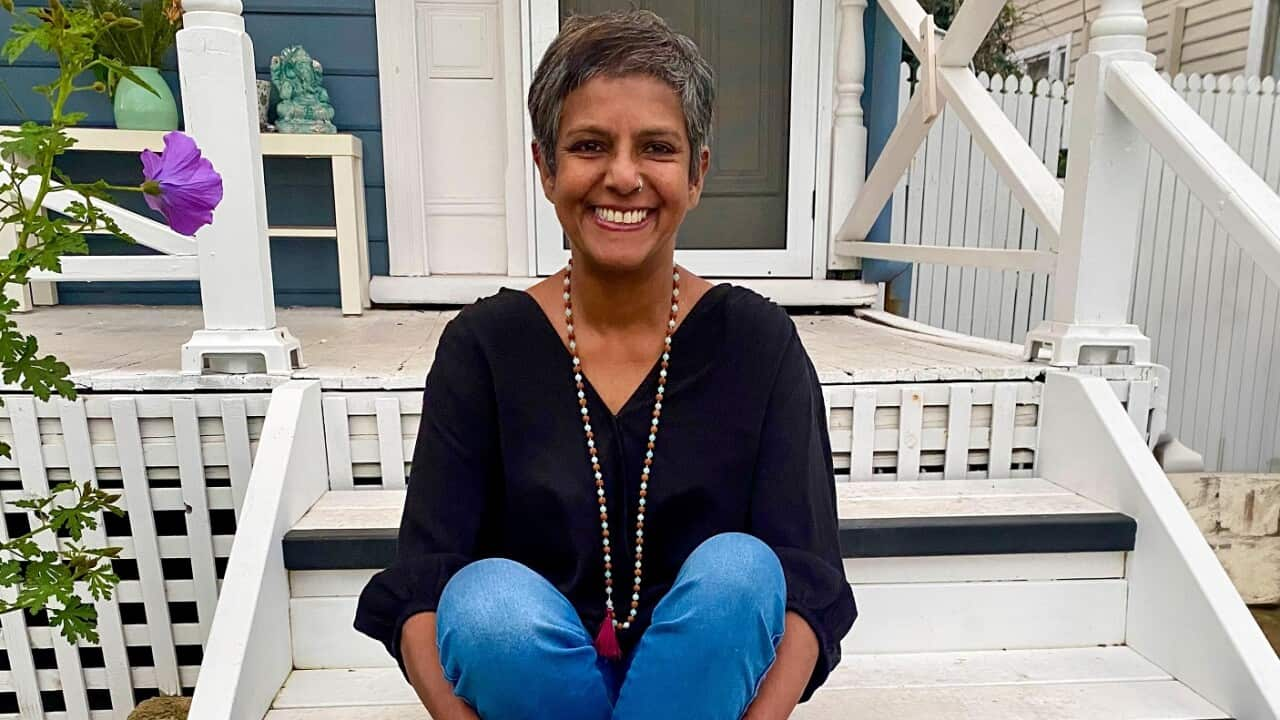The parliament of the United Kingdom has backed a bill to allow voluntary assisted dying for terminally ill adults, kicking off months of wrangling over a possible legal change that has divided the country and raised questions about the standard of palliative care.
MPs voted by 330 to 275 in support of legalised euthanasia in the first vote on the issue in the House of Commons, the lower house of the UK parliament for nearly a decade.
The result followed an emotionally charged debate that lasted almost five hours in a packed and hushed chamber, and as competing protesters made their voices heard outside parliament.
What would the bill mean?
Assisted dying currently carries a maximum prison sentence of 14 years in England, Wales and Northern Ireland.
Under the bill, terminally ill adults in England and Wales who are assessed by doctors to have six months or less left to live would be allowed the right to choose to end their lives with medical help.
Under the proposals, two doctors and a High Court judge would need to verify that the person had made the decision voluntarily. Pressuring or coercing someone into ending their life would be punishable by up to 14 years in prison.
Scotland is considering a change to its own law to allow assisted dying while there are no such proposals in Northern Ireland.
What do those in support of the bill say?
The proposal has stirred a debate across the UK, with former prime ministers, faith leaders, medics, judges, people with disabilities and ministers in Prime Minister Keir Starmer's Labour government weighing in on the subject.
Starmer voted in favour of the bill, although several senior members of his government voted against it.
Those in favour of the bill say it is about shortening the death of those who are terminally ill and giving them more control.
Labour MP Kim Leadbeater, who introduced the bill, told the debate that changing the law would give terminally ill people "choice, autonomy and dignity at the end of their lives".

British Labour MP Kim Leadbeater (centre) introduced the bill. Source: AAP, EPA / Neil Hall
Campaign group Dignity in Dying hailed the result as a "historic step towards greater choice and protection for dying people".
Broadcaster Esther Rantzen, who is terminally ill and has spearheaded the campaign for a law change, said she was "absolutely thrilled", even though it was unlikely she would benefit.
She said she had been "very moved by the various doctors who took part, who gave painful but important descriptions of the kinds of death people suffer, which cannot be eased by even the best palliative care".

Campaign group Dignity in Dying hailed the result as a "historic step". Source: AAP, SIPA USA / Vuk Valcic / SOPA Images
What are the concerns about the bill?
Opponents of the bill say vulnerable ill people may feel coerced to end their lives, rather than making the decision for their own well-being.
Some MPs who are against the bill said they were worried it would discriminate against people with disabilities.
Opponents also worry that the UK's healthcare system, the NHS, is not ready for such a landmark change and that it could cause a decline in investment in palliative care.

Opponents of the bill say vulnerable people may feel coerced to end their lives. Source: AAP, AP / Alberto Pezzali
Others expressed concern that there had not been enough time to consider the bill before voting, and highlighted concerns that safeguards applied in other places that have allowed assisted dying have been watered down.
Foreign minister David Lammy said he voted against the bill as he believed politics should be about "extending life, not shortening it".

Conservative MP Danny Kruger, a leading opponent of the bill, argued "true dignity consists in being cared for to the end". Source: AAP / House of Commons/UK Parliament/PA
What happens next?
The bill now progresses to the next stage, where politicians can propose amendments, a process likely to be contentious.
The bill could still be altered or even voted down as it makes its way through both the House of Commons and the unelected upper chamber of parliament, the House of Lords.
"It will be a very thorough process," Leadbeater told the BBC, adding that the process could take another six months.
"There's plenty of time to get this right," she said after more than four hours of debate in the chamber.
"There will be a further opportunity to improve it if we can, and if we can't, then I hope we'll be able to reject it," Kruger told Sky News, adding he believed it was "impossible to write a bill that is safe".
If it is ultimately passed, then a change in the law is expected to take several years.
What are the laws on assisted dying in Australia?
Voluntary assisted dying is currently legal and available in Queensland, New South Wales, South Australia, Tasmania, Victoria and Western Australia. It's not yet legal in the Northern Territory or ACT.
Strict criteria govern who is eligible, which varies slightly between states. Assisted dying is voluntary and can legally only be chosen by someone who is an adult who is able to make the decision without pressure or coercion.
They must have a disease, illness or condition that is causing suffering that they find intolerable, is advanced and likely to cause death.



